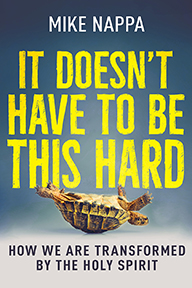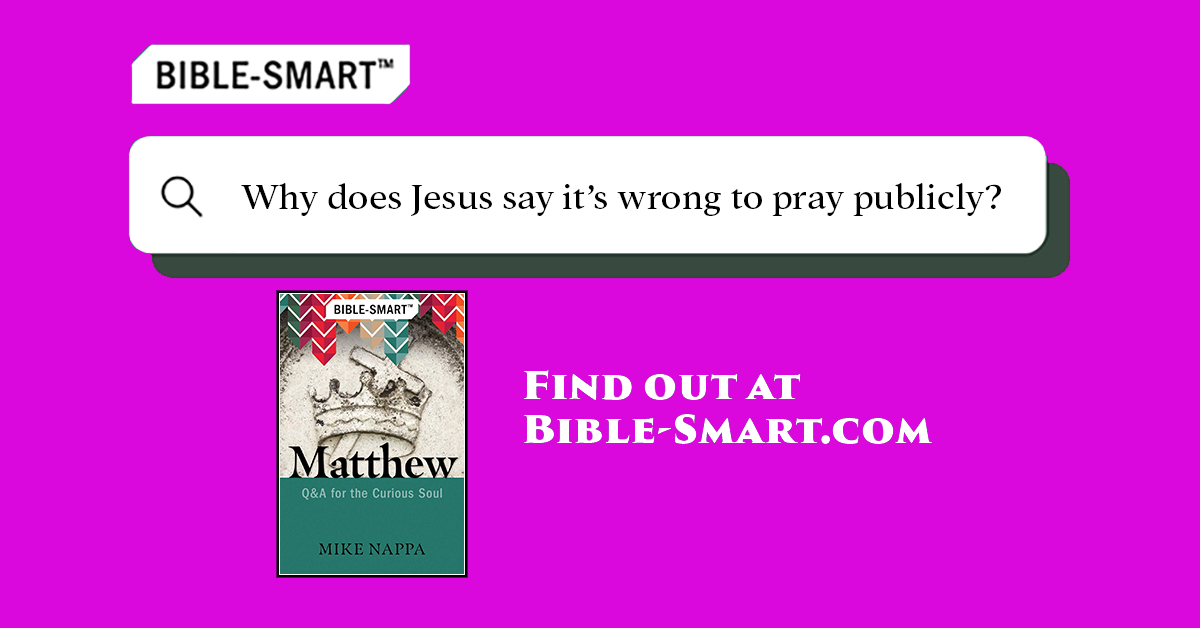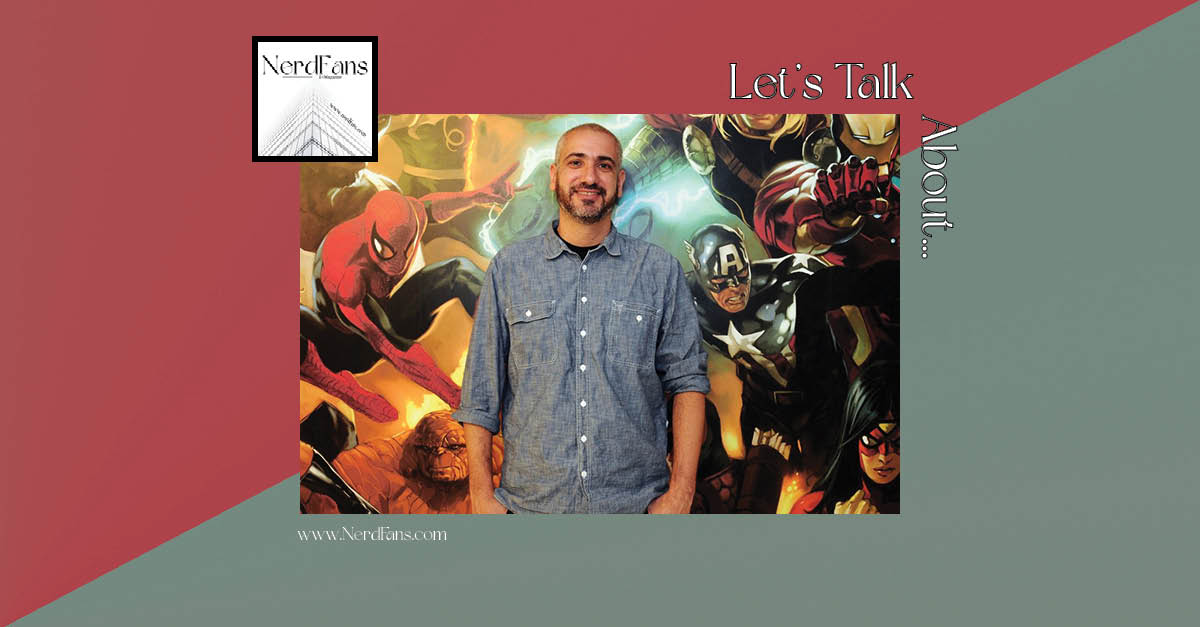An Editorial Team reason for rejection
I know I should be happy about this reason for rejection—after all, I’m a literary agent myself. The fact that most publishers won’t even look at your work unless it comes to them through someone like me should make me feel giddy with the joy of an undeserved monopoly. But the author in me just chafes as this universally-accepted discrimination against independent writers. It just seems wrong on a moral level—and it’s often ineffective on a practical level as well.
Some big names in publishing were once slush pile refugees, including people like Mary Cahill, Philip Roth, Judith Guest, and even Anne Frank. But those were the good old days, and now cost-cutting at publishing houses combined with the occasional terror threat (like the anthrax scare of 2002) means that times have changed..
So, do you really need an agent to publish books?
Yes. And that stinks.
Take, for instance, the recorded message that greets aspiring authors who call Simon & Schuster with a great new idea:
“Simon & Schuster requires submissions to come to us via a literary agent due to the large volume of submissions we receive each day.”
Honestly, in the great capitalist society of America, you ought to be able to approach any publisher directly with your book ideas and proposals, but that’s just not the way publishing works in the 21st century. So you need an agent whose primary job is to build relationships with the decision-makers at the different publishing houses, and then use those relationships to approach a publisher for you, knowing that your work will at least be considered for publication. Without that relationship, most publishers will either fire off a rejection without ever looking at your book, or even worse, ignore your submission and never respond to it.
Here are situations when you might not need an agent:
- if you already have a relationship with a particular editor or publisher;
- if you have a friend that publishes with a particular house already and who passes your manuscript to his or her editor; or
- if you self-publish a book and it sells over 20,000 copies without the help of an established publishing company.
Otherwise, I’m sorry to report that you’ll most likely need an agent before most publishers will even look at your manuscript. Are there exceptions to this rule? Sure—and I hope you’re one of them. But you probably are not.
What You Can Do About It
1. Find an agent willing to take a chance on you.
This is a long, tedious effort that simply duplicates the process of pitching a book to publishers, only you pitch to people like me who may or may not be able to get you a publishing deal. The same rules apply, however, and if you find an agent willing to represent you, then your book has a much better chance of actually showing up in bookstores someday.
Best places to look for an agent are going to be in the following reference books:
- Literary Marketplace (published annually by R.R. Bowker; this book is expensive, so just check it out at your local library)
- Guide to Literary Agents (published annually by Writer’s Digest Books)
2. Be your own literary agent.
This is a complicated solution to your problem, but it can work. After all, my entire agency grew out of the fact that I was first representing my own work to publishers. But there are pitfalls when you are your own agent.
Sometimes a publisher will view you as illegitimate, thinking that you’re an agent in name only as a means to get your proposal past the “no unsolicited submissions” policy. I’ve been running Nappaland Literary Agency since 1995, and I still get this kind of treatment today. It’s unfair, but it happens.
Other times a publisher will clarify their policy to exclude you anyway—meaning they’ll only take submissions from New York City agents or something like that. And if you do get to the point of negotiating a contract, they’ll offer you less if you represent yourself because they assume you couldn’t get a “real” agent to negotiate your book.
Still, if you are interested in representing yourself, you may want to check out Martin Levin’s book, Be Your Own Literary Agent.
3. Network with agents and editors directly through writer’s conferences.
The real value of a writer’s conference is not in all the little workshops and keynote sessions. Sure, you might learn something at those, but those classes and lectures aren’t what will get you published.
The real value of a writer’s conference is that it gives you an opportunity to meet face to face with people who influence actual publishing decisions—editors and agents themselves. So check out Newpages.com/writing-conferences or the Shaw Guides to writer’s conferences and workshops (http://writing.shawguides.com), pick out one or two that have a strong faculty, and make plans to attend, to mingle, and to get some face time with your target editor and/or agent.
Be aware, though, that a strong faculty is not one that’s simply filled with successful authors—it’s one filled with editors from recognizable publishing houses and agents from established literary agencies.
Looking for more? Check out these links:










